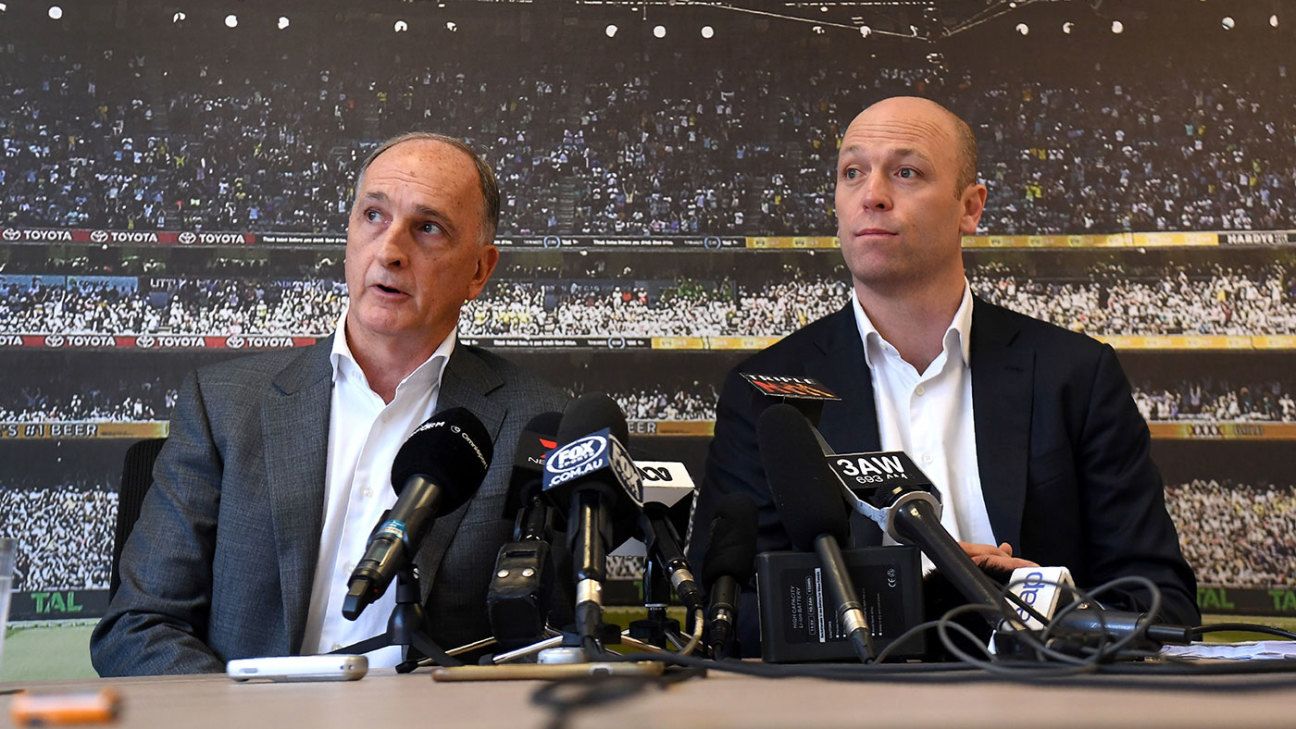The chairman of the Australian Cricketers’ Association, Greg Dyer, has slammed Cricket Australia’s response to the Covid-19 pandemic that has seen states pushed towards significant cuts to their funding. There has also been a potential reduction to domestic cricket, further prompting Dyer to believe the current model is “horribly wrong”.
Having been a central figure in the negotiations between the ACA and CA over player payments, Dyer reiterated a call for more focus to be put on state cricket rather than centralised high performance set-ups which he termed “high cost, low yield.”
When the pandemic brought cricket to a halt in mid-March it was initially thought the sport in Australia would cope satisfactorily given it had managed to play most of the home season so would not immediately be exposed to loses.
However, a few weeks later there was a dramatic u-turn as Kevin Roberts announced the majority of CA staff would be stood down on 20% pay until the end of the financial year in June and that the game risked running out of money by August otherwise. It has also been reported that the Sheffield Shield and WBBL are being earmarked for a reduced competition in 2020-21, the latter strongly criticised by Alyssa Healy, with both set to face stiff opposition.
The ACA recently challenged the board’s view on the financial situation facing the game and believed there should be a “positive” outlook on where cricket stands. Now Dyer has dug in, focusing on the game’s current centralised administration.
“That at the first sign of a headwind, states are being asked to take significant cuts, which are in turn filtering down to local cricket, suggests that something is horribly wrong with the current model,” Dyer wrote in an article on the ACA’s website.
“This is a critical time for the game – it can either take the approach of looking to cut as many so-called ‘costs’ as it can from its balance sheet, something that will have disastrous long-term consequences on the health of the game; or it can realign so that the game’s partners (actually, its ‘shareholders’- the states) have greater voice and autonomy than the mere ‘subsidiaries’ they currently resemble.”
Dyer wants more emphasis put back on the pathway from grade/premier cricket to state level as the route to higher honours, something that was a key pillar of the Longstaff culture review into Australian cricket in the wake of the ball-tampering scandal.
However, the impact on the states is already showing with South Australia, Tasmania and Victoria making significant cuts – the latter especially so in the area of community cricket – although there continues to be resistance to the proposed 25% cut, which was initially as high as 45%.
“In addition to these cuts, administrators are looking to diminish what for generations has been the envy of world cricket, the Sheffield Shield – a competition that has produced player after player with the skill and temperament to wear the baggy green after repeated standout performances against strong competition on the best wickets in the country,” Dyer wrote.
“From this one can only determine that the 128-year-old Sheffield Shield is regarded not an asset of the game, one that has served cricket so proudly, but rather as a cost that sits alongside corporate travel and office supplies.”
Trent Copeland, the New South Wales and former Australia seam bowler, was equally vocal in his criticism of any potential cuts to the Sheffield Shield.
“The worrying thing for me is that you cut the shield rounds down to eight, I mean what is the benefit to that? The time isn’t the problem, it’s just money, find other ways to cut resources from cricket,” he told ABC Grandstand.
“When you sit back as an organisation and your number one goal, your mission statement is to be the number one ranked nation in Test cricket, you’ve got to sit back and look.
“Is it just about finances or is that our ultimate goal? Because if it is, we don’t have any kids under 20 playing forward defences. They do, because they will still naturally do it, but it seems a waste of time, technically they are not required to do it.”
